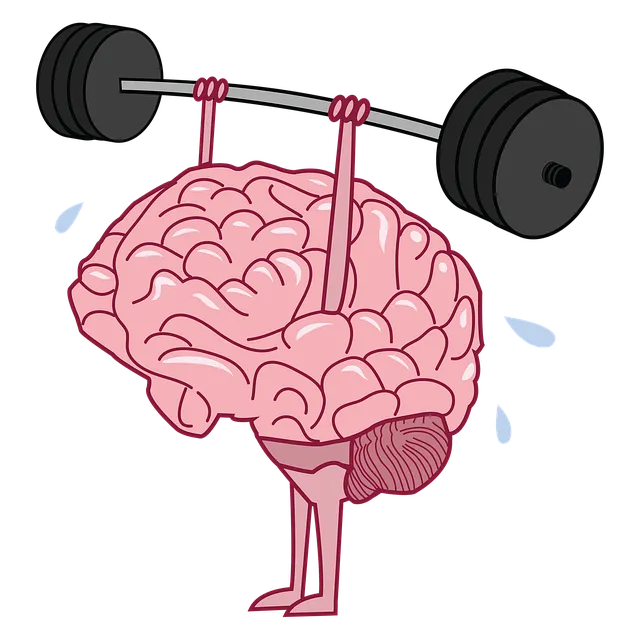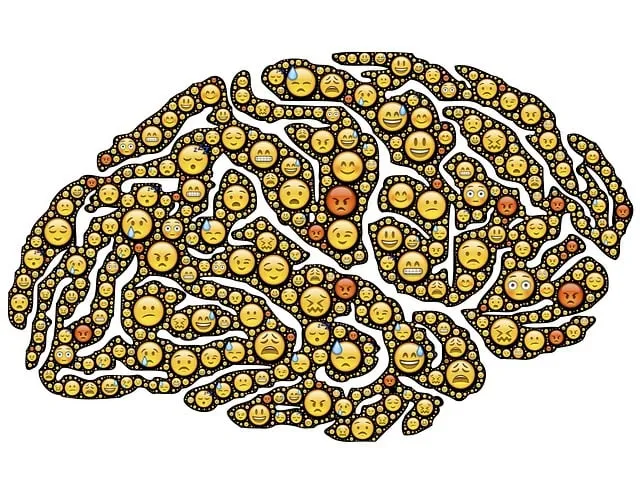Superior Kaiser Permanente mental health services integrate Social Skills Training into their holistic approach, empowering individuals with tools for emotional regulation, enhanced communication, and crisis intervention. This evidence-based program, tailored to diverse backgrounds, improves relationships, reduces stigma, and supports long-term recovery, ultimately increasing well-being and treatment effectiveness. With a focus on cultural sensitivity and innovative strategies like role-playing, Kaiser Permanente leads in mental health care, offering comprehensive support from prevention to recovery.
Social skills training is a powerful tool for individuals with mental health conditions, offering a pathway to improved well-being. This article explores how such training, facilitated by leaders in mental healthcare like Superior Kaiser Permanente, can significantly enhance social interactions and overall quality of life. We delve into practical strategies, highlighting techniques that have proven effective in fostering meaningful connections and managing symptoms. By understanding the importance of these services, we can unlock a new level of support for those navigating mental health challenges.
- Understanding the Importance of Social Skills Training for Mental Health Conditions
- The Role of Kaiser Permanente in Providing Superior Mental Health Services
- Practical Strategies and Techniques for Effective Social Skills Training
Understanding the Importance of Social Skills Training for Mental Health Conditions

Social Skills Training plays a pivotal role in managing mental health conditions, especially for individuals seeking superior Kaiser Permanente mental health services. It acknowledges that effective communication and interpersonal interactions are integral to overall well-being. Many mental health challenges can make social situations overwhelming, leading to isolation and exacerbating symptoms. By participating in structured training programs, patients gain essential tools to navigate these challenges.
Self-Awareness Exercises, Crisis Intervention Guidance, and Emotional Intelligence development are key components of such training. They empower individuals to recognize their emotions, manage crises, and understand others’ perspectives, fostering healthier relationships and a stronger support system. This proactive approach not only enhances the effectiveness of mental health treatments but also promotes long-term recovery and improved quality of life.
The Role of Kaiser Permanente in Providing Superior Mental Health Services

Superior Kaiser Permanente mental health services are renowned for their holistic approach and dedicated resources. As a leading healthcare provider, Kaiser Permanente prioritises the well-being of its members, offering comprehensive care that addresses not just symptoms but also underlying causes. This includes innovative programs aimed at burnout prevention strategies for healthcare providers, ensuring staff are equipped to deliver exceptional care over the long term.
In addition to their clinical services, Kaiser Permanente actively engages in crisis intervention guidance and mental illness stigma reduction efforts. By fostering an environment of understanding and support, they enable individuals to seek help without fear of judgment. This comprehensive strategy reflects a commitment to not only treating mental health conditions but also promoting resilience and overall community well-being.
Practical Strategies and Techniques for Effective Social Skills Training

Social Skills Training for Mental Health Conditions: Practical Strategies and Techniques
Effective social skills training involves a multi-faceted approach tailored to individual needs, particularly when addressing mental health conditions. At superior Kaiser Permanente mental health services, professionals employ evidence-based techniques such as role-playing scenarios, cognitive reframing exercises, and group discussions to foster communication, empathy, and emotional regulation. These strategies not only help individuals manage symptoms of anxiety and depression but also promote emotional well-being through enhanced social connections.
Cultural sensitivity in mental healthcare practice is a key component integrated into these training sessions. By recognizing and respecting diverse cultural backgrounds, therapists can create inclusive environments that encourage open dialogue and genuine interactions. This approach ensures that anxiety relief techniques and emotional well-being promotion strategies are accessible and meaningful to all clients, regardless of their cultural or linguistic background.
Social skills training plays a pivotal role in enhancing the quality of life for individuals with mental health conditions. As demonstrated by Superior Kaiser Permanente’s commitment to providing top-tier mental health services, integrating these practical strategies into treatment plans can significantly improve patients’ social interactions and overall well-being. By leveraging evidence-based techniques, healthcare providers can empower patients to navigate social challenges effectively, fostering better relationships and a more inclusive community.






